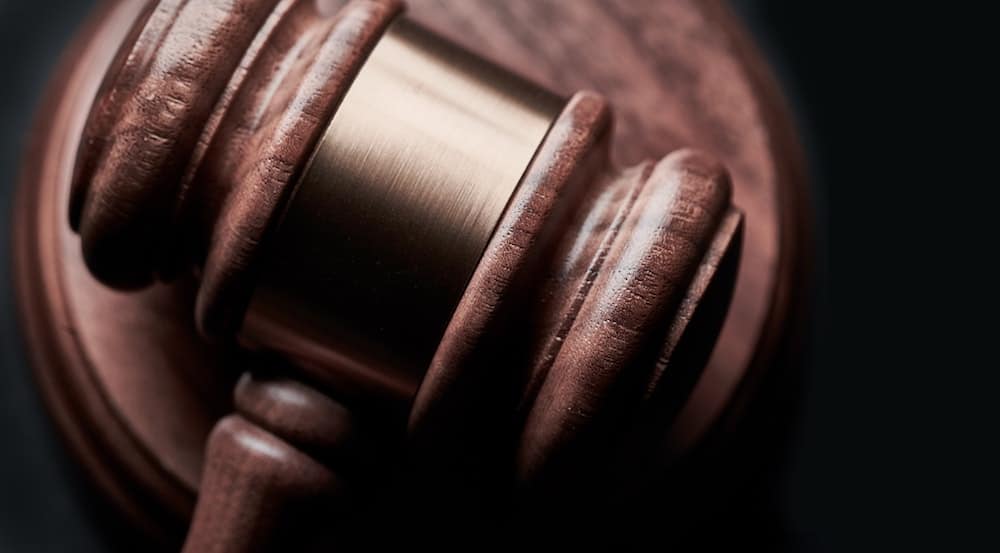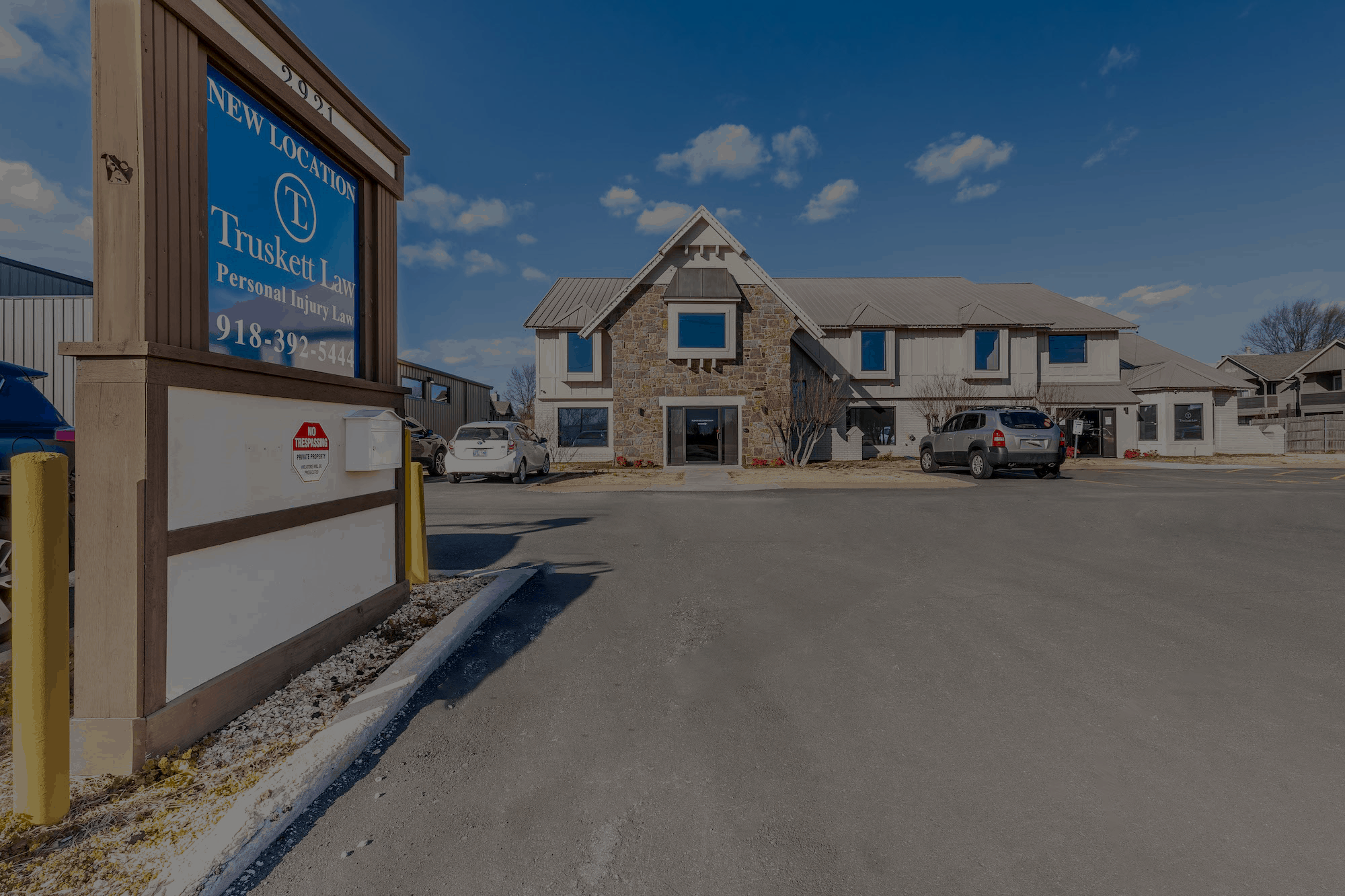
01 May Why Is My Personal Injury Case Taking So Long? – Complete Guide
When faced with a personal injury, many people never devote the time and the energy to pursuing a case with a law office. Those who do pursue a case may wonder why it is taking so long to see results and justice for your injury. These cases take time, sometimes years, and you may be feeling impatient about it.
Let us assure those of you who are seeking compensation for an injury that has befallen you, your lawyers are working tirelessly to win your case. They are doing everything they can to speed along the process, but to build a strong case, they need time to research the events surrounding the injury, question the parties that are connected to the injury, and compile convincing arguments for the courtroom.
To help you understand the process, and to give you some insight into the work that lawyers put into your case, we have developed a complete guide about why your case is taking so long.
Researching for Your Personal Injury Case
Lawyers pride themselves on being well informed. These personal injury cases can require a ton of research and sifting through information. This information can be both inconsequential and vital to the case, so special care must be taken to check every shred of information, eyewitness account, and circumstantial evidence.
Lawyers can spend the better part of a year, sometimes multiple years, collecting all the information from reports, photos, videos, and testimonies from bystanders. They work hard sifting through information to get the things that matter to your case, creating a rock-solid case to go to court with. This gives you and your lawyer the best shot to win your case in the courtroom, or out through a settlement.
Collecting Information for Your Personal Injury Case
There is so many angles to every event that it can be impossible to capture every single one. Lawyers attempt to do just that during the information gathering phase. They pour over every detail, seeking an enlightened perspective of the injury and the events surrounding it. Their prowess in tracking down each and every perspective and their ability to find the commonalities and through points to figure out what exactly happened are what gives lawyers the edge in a case.
Even with their exceptional skill, this process can still take a fairly long time. The mark of a great law office is their communication with the client to keep them informed about the steps being taken and the progress made on their case. The best of the best lawyers bring the clients into their office to keep them in the loop of everything that is deduced, learned, and ascertained through the information they have collected.
How Lawyers Catalog Information Gathered for Your Personal Injury Case
The interiors of most law offices have the same look: file cabinets everywhere. This is for very good reason. Lawyers catalog every bit of information they obtain for reference during the court proceedings and depositions prior to the case going to court. Their offices are full of file cabinets that are brimming with information pertaining to current and past cases cataloged and stored away for further research if the case requires more attention.
It takes a good amount of time to acquire all the information and data that is necessary for a personal injury case, and sorting that information reliably can take a very long time as well. It doesn’t take years like the information collection, but it can take weeks to catalog and sort every single scrap of information.
This information plays a vital role in the angle a lawyer goes for in your case. With insufficient information, your case won’t have a leg to stand on in the courtroom. This phase of preparation is the most important part of any personal injury case. Following information gathering in importance is questioning the parties involved with your personal injury case.
Questioning the Parties Involved for Your Personal Injury Case
The next stage of the process is questioning the people with certain closeness to the incident and pertinent information, perspective, and interpretation of events. This process can happen at any point in the process but fits best after the initial gathering of evidence and information because that evidence and information can inform and direct the questions asked to those interviewed to best serve the case and to gain insight into the events surrounding the personal injury incident.
This stage of the process can be quite extensive and time-consuming because it requires scheduling sit-downs with people who may not be in the same place, profession, or life position as they were when the incident happened. Because some time has passed since the incident, these interviews can take a long time while trying to help the interviewee access their memory from the incident and recall details that can shed light on the events surrounding the personal injury incident.
This is called a deposition and it is the best way to get information from an eyewitness that can be used for the case.
Asking Questions to Gain Perspective
Sometimes the information that a lawyer acquires is incomplete, jumbled, or worded poorly. These holes in the information can be filled in by asking questions to the people that were eyewitnesses to the incident. This can help round out the details of the incident or accident to help form the case to win and get the compensation you deserve.
The events surrounding the personal injury can be a bit fuzzy and hard to connect and understand, but asking questions to the people who were eyewitnesses can place the missing pieces of the report and clear up the things that need clarification.
Asking Questions to Correlate the Timeline
At times, there are discrepancies in the timing of the events surrounding the incident or accident due to recording statements incorrectly, speculation from bystanders, and details lost to time. There may also be empty spots in the timeline that need filling to make the incident make more sense. In these cases, questioning the people involved is the best way to make sense of the holes in the timeline and potentially fill them in.
Lawyers know how to figure out these things by asking questions to direct attention to the holes in the timeline. These questions come from the research and information gathering stage. The information, plus some speculative reach, helps them direct their questioning to find out what went down within those timeline holes.
This can take time. Not only are they working out questions to fill in gaps in the timeline of events, but they also have to deal with people and scheduling these depositions. People can be hard to work with so that can lengthen the time spent on your case.
Asking Questions for Cross-Examination
When doing a deposition, the opposing lawyer is able to ask questions after your lawyer asks questions. This can give your lawyer even more insight into the events and the timeline of the incident and injury. Not only do they ask questions and listen to answers, but they listen to the other lawyer’s questions and pay attention to the answers to those questions.
There’s a lot to be ascertained from what is said in a deposition, but there’s also a lot to what isn’t said. Your lawyer spends a lot of time making sure all the information is correct before these lines of questioning to make sure they are getting the most out of their questions.
After depositions, the information they compiled, in light of the answers to questions directed at filling gaps and clarifying details, they are ready to build the arguments for your personal injury case.
Compiling Arguments for Your Personal Injury Case
 If your case ends up going to court, lawyers must use all the information and answered questions to create arguments and angles for the courtroom. This process takes time to get right. Their attention to all the details, taking all the information into account, makes for a very tedious process. Crafting questions to bring things to light in the courtroom take time to create. They have to make sure that each question takes the entire body of proof into account, as to not contradict anything.
If your case ends up going to court, lawyers must use all the information and answered questions to create arguments and angles for the courtroom. This process takes time to get right. Their attention to all the details, taking all the information into account, makes for a very tedious process. Crafting questions to bring things to light in the courtroom take time to create. They have to make sure that each question takes the entire body of proof into account, as to not contradict anything.
The art of argument is very involved. Lawyers are very skilled in bringing details to light and crafting a path of questions and things to get the lines of questioning and answers to a specific place. There’s no telling what could blow a case wide open, so your lawyer creates countless question trees based on the answers given in the courtroom.
There are many things that go into creating these question trees for the court proceedings. These questions trees take some time to craft and rehearse.
Crafting Question Trees for Your Personal Injury Case
Making question trees to account for all the possible ways any question could be answered in the courtroom gives your lawyer the leg up for your case. With the number of possible ways to ask a question, added to the number of ways that question can be answered, there’s no way of knowing where a witness questioning can go. Lawyers spend countless hours pouring over the questions they could ask in court in preparation for your case.
Your lawyer makes countless question trees in preparation for the case. For the most part, they won’t even use around seventy percent of the prepared questions and trees, and they won’t know which ones to choose until they start getting answers from the witness testimonies.
Highlighting Details Through Pointed Questions
When building your case, your lawyer knows where the weak points in the narrative and timeline are. They will make questions point to the weaknesses and attempt to bring reasonable doubt into the equation. In these cases, they can even blow a case wide open with these questions if they can get a different answer than the one they know to be true.
They target the weak points in reports, testimonies, and timelines to attempt to break down the defense and their rebuttals to any questions they think will be asked. If your lawyer can catch them off guard by asking a question that highlights a weak detail in the story or timeline, they can increase their chances of winning your personal injury case.
They target the weak points in reports, testimonies, and timelines to attempt to break down the defense and their rebuttals to any questions they think will be asked. If your lawyer can catch them off guard by asking a question that highlights a weak detail in the story or timeline, they can increase their chances of winning your personal injury case.
Truskett Law is a Tulsa law office specializing in personal injury cases, as well as cases that deal with workplace accidents, car wrecks, and neglect. Their main goal is to win cases, as they don’t charge an hourly rate for their services, just a fee at the end of the case taken from the settlement. Truskett Law makes you a priority by doing everything in their power to fight for you. Their compassionate team of lawyers and paraprofessionals are always looking out for you and finding ways to make the process easier for you and your loved ones during a stressful time after an accident, incident, or injury.
Their office stands in the gap for you, representing you in court, but even before as well. They employ every tactic they can to increase your chances of winning a case and getting a settlement for your injuries. They know how hard things can be with life moving along even after you have been affected by an injury and they want to help you any way they know-how.
Call Truskett Law today for a free phone consultation to know if there is something they can do for you to get you the compensation and settlement you deserve. They will be able to tell you fairly quickly what your case will look like.
If you found this article informative, click here for more articles like it.


Sorry, the comment form is closed at this time.